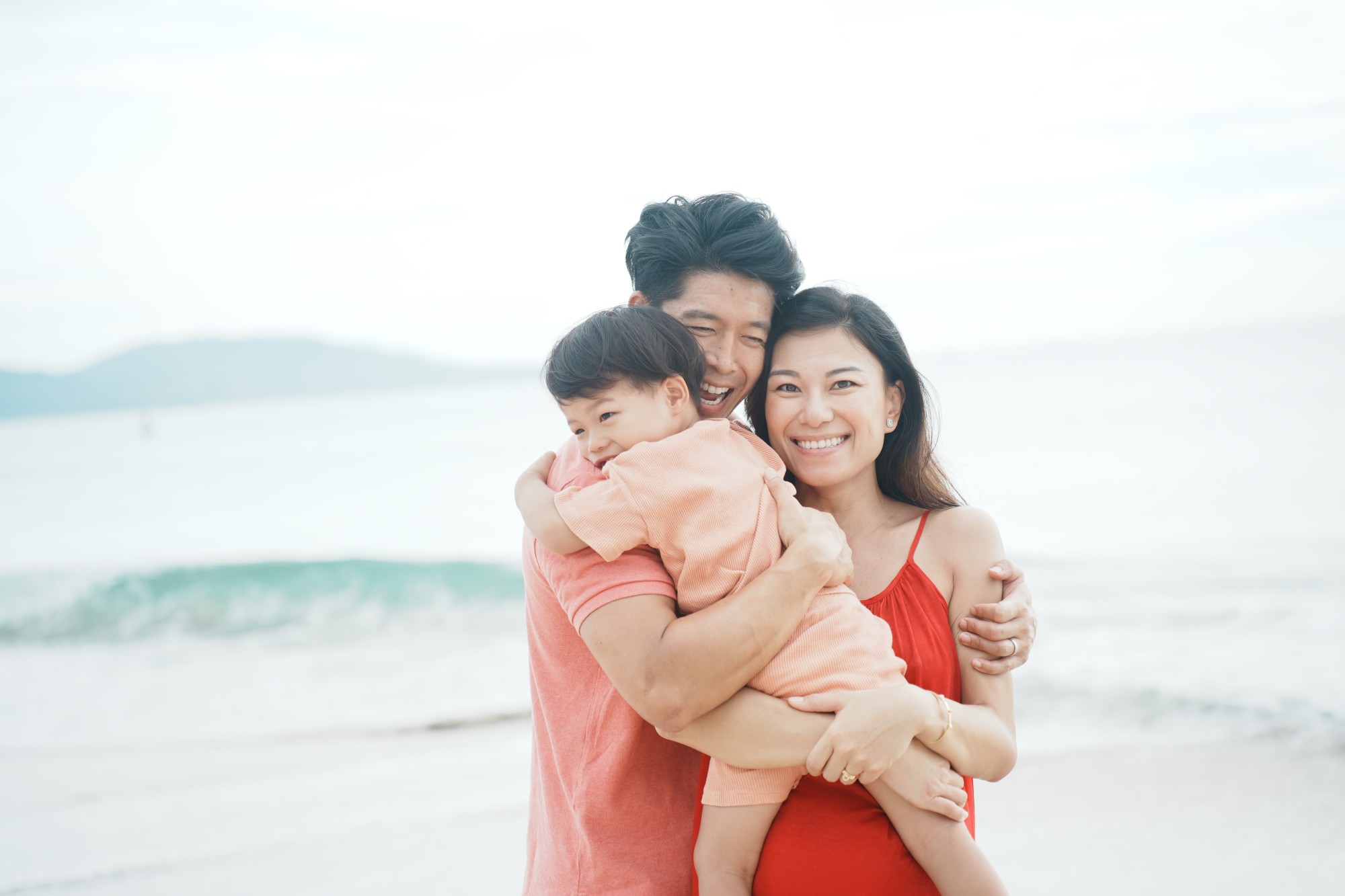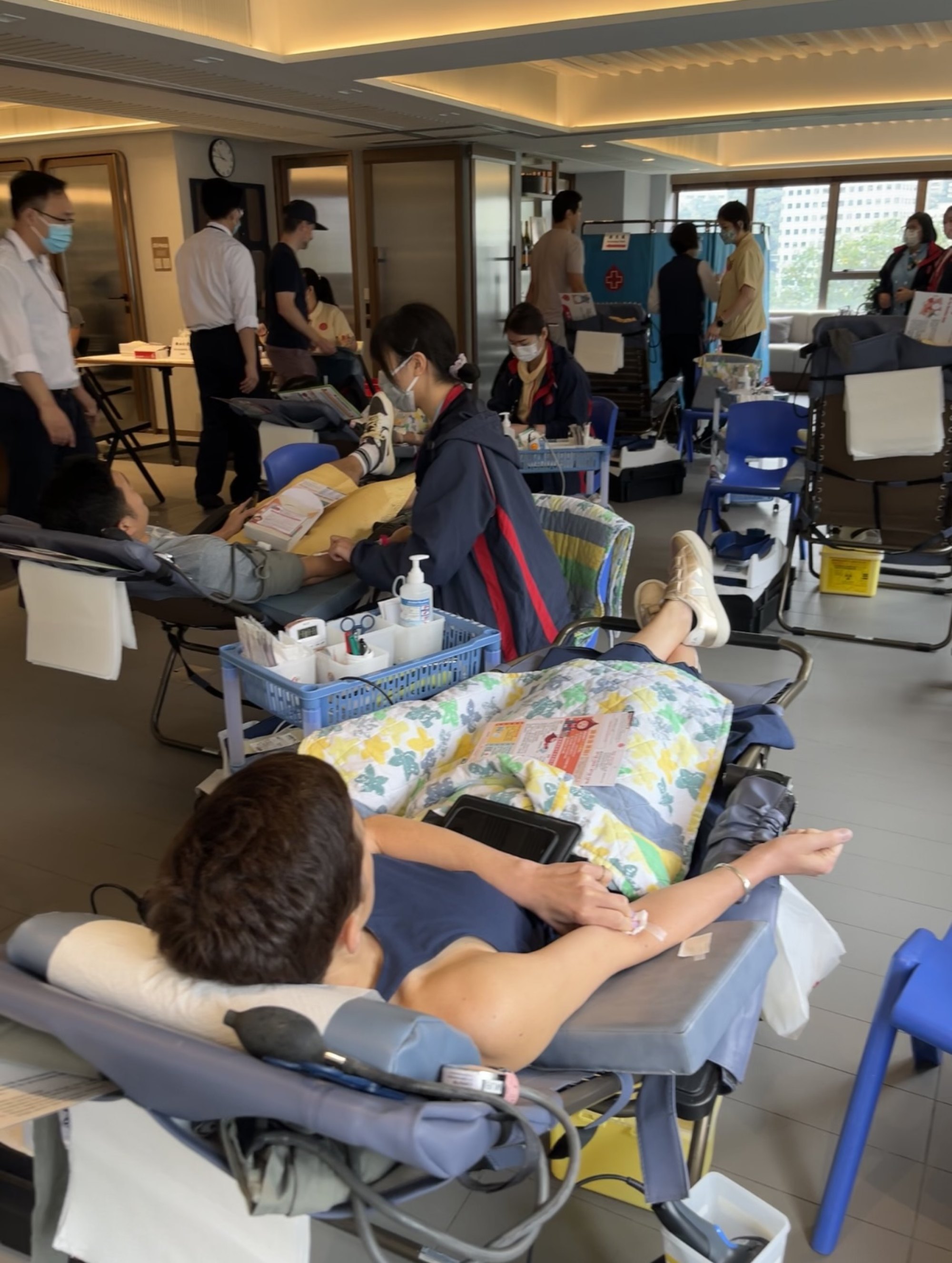
How to help your child sleep better: baby’s crisis triggers Hong Kong mother’s awakening on infant sleep science
- Stephanie Huen, co-founder of bedding company Hush Home in Hong Kong, took a deep dive into the science of paediatric sleep after her son Elliot’s apnoea scare
- Her tips include early morning sun exposure, having a decluttered cot, adjusting eat-wake-sleep windows as a child grows, and a consistent bedtime routine
Hongkonger Stephanie Huen was working crazy hours in Shanghai when she started to dig deep into the science of sleep.
“I couldn’t get eight hours a night because my schedule was crazy – I would be called into work at 3am, which was nuts,” says Huen, who has worked with start-ups and businesses around the region.
That’s when she woke up to the fact that she needed sleep to function properly.
“Growing up, I never prioritised sleep or thought about how it affects other aspects of life,” she says, adding she often pulled all-nighters at secondary school and university.

Now the business of sleep is her life.
In 2018, together with her husband Rick Chen, she launched bedding company Hush Home after shopping for a mattress in Hong Kong left them frustrated.
They were looking for an affordable mattress and bedding that combined comfort and support, but were also light and breathable to suit Hong Kong’s humid climate. When they couldn’t find what they wanted, they set up their own company.
The secret to a good night’s sleep: listen to your body clock
Hush Home now offers several different mattress, with its top-end versions using materials such as organic cotton, natural bamboo fibre and organic latex.
Huen urges people in Hong Kong to prioritise their sleep. While diet and fitness play a big part in shaping sleep quality, she says the sleeping environment – a quality mattress, with sheets suited to the climate and a person’s body temperature – are vital.
“Some of us run hotter than others.”

This year Hush Home launched an infant and toddler sleep range, Little Hushies, the move stemming from Huen’s complicated pregnancy in 2021 when Hong Kong was on high Covid alert.
Huen had placenta previa, a condition in which her placenta – the organ supplying oxygen and nutrients to the growing baby – was too low. “Mine covered my whole cervix.”
Symptoms include vaginal bleeding in the second half of the pregnancy and severe bleeding during labour and birth.
Huen was hospitalised at 26 weeks and stayed until after giving birth to her son Elliot at 34 weeks.
‘Logic was out of the window’: giving birth in Hong Kong in the pandemic
“Because of Covid, my husband couldn’t attend the birth and I only saw him a few days afterwards,” says Huen, who is just weeks away from giving birth to her second child.
“The doctors knew I was going to bleed a lot so I had a blood transfusion and was put under general anaesthesia. I remember my anaesthesiologist holding my hand to do something and I was like, ‘Wow, this is the most comfort I have felt for a long time.’”
Elliot spent a week in the neonatal intensive care unit (NICU) hooked up to breathing machines and feeding tubes.
‘It’s all a blur’: mum trains as sleep consultant after baby kept waking up
Covid rules meant she couldn’t see him, let alone cradle him.
“When he moved out of ICU I could visit every other day to breastfeed for one hour – that’s when I could hold him.”
Two weeks after giving birth, Huen and Elliot were allowed to go home. She was excited. But a few weeks later, she experienced a parent’s worst nightmare.
“One night, around midnight, I was breastfeeding and it felt like Elliot had stopped breathing … My confinement nanny was hitting him on the back and I was calling for my husband.
“About a minute away from the hospital Elliot made a noise, a burp, and woke up, but I don’t know how much time had passed … It felt like a very long time.”

Elliot, 20 days old and weighing just 1.8kg (4lb), was diagnosed with apnoea, a condition in which breathing pauses for a short time.
“I was convinced it was the hospital with bad news. It was traumatising.
“I only got to see him for 30 minutes every other day. So I was worried about a lack of skin-to-skin contact, which is so important to a baby that has had neonatal care,” she says of a method, also known as kangaroo care, that involves parents holding their baby directly against their bare skin to encourage bonding.
“The Prince of Wales [Hospital] staff were amazing … Obviously, I wanted to hold my baby, but the most important thing was finding out the reason for the apnoea.”
When Elliot wakes we take him to a downstairs playground so he gets direct sunlight. That kick-starts your day, so your body is like ‘OK, I’ve got to wake up now’
As it turned out, that night in January 2022 was the only time Elliot would have an apnoea episode: today he is a healthy and happy toddler.
Elliot’s medical emergencies were a catalyst for Huen’s dive into paediatric sleep science, both to help him flourish and to create a brand to assist parents in getting their own kids to sleep better, too.
“I knew how important sleep was for adults but I wanted to find out everything about how important it is for a baby’s mental, physical and emotional growth, which it is,” she says.
The big picture we’re not seeing when we obsess about sleep
“Dealing with a newborn from zero to three months is different from three to six months because they have different sleep cycles when they’re newborn and haven’t yet developed circadian rhythms,” she says of the body’s internal clock that manages a range of functions including alertness, sleepiness, appetite and body temperature.
As parents, Huen says they put as much thought into Elliot’s sleep as other parents might put into a child’s primary education. They adjust his eat-wake-sleep windows as he grows, modify nap durations and times for his age range, and ensure he has a consistent bedtime routine.
Room temperature greatly affects sleep, Huen stresses. She also removes stuffed toys and pillows from the cot at night – a decluttered sleep environment is best, she says.

“When Elliot wakes we take him to a downstairs playground so he gets direct sunlight,” she says. “That kick-starts your day, so your body is like ‘OK, I’ve got to wake up now.’”
Huen, who is also now a health and wellness consultant and hosts sleep workshops in Hong Kong, says there are many little things we can do to optimise the quality of our sleep and that of our family members – including dimming the lights in a room and on devices before bedtime, and drinking less alcohol and caffeine.
“I had a blood transfusion during my pregnancy, so now I work with the Red Cross and instead of me just donating blood, I want to get all my friends together each year to donate.”

